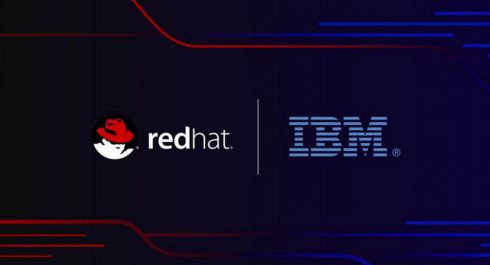
Now that IBM’s acquisition of Red Hat has closed, the company is transforming its software portfolio to be cloud-native and optimized for Red Hat OpenShift. Enterprises can now build mission-critical applications once and run them on different public clouds including AWS, Microsoft Azure, Google Cloud Platform, Alibaba, IBM Cloud and private clouds.
RELATED CONTENT:
Six steps for making a successful transition to a cloud-native architecture
IBM: ‘Red Hat will still be Red Hat’ after $34 billion acquisition
“Red Hat is unlocking innovation with Linux-based technologies, including containers and Kubernetes, which have become the fundamental building blocks of hybrid cloud environments,” said Jim Whitehurst, president and CEO, Red Hat. “This open hybrid cloud foundation is what enables the vision of any app, anywhere, anytime.”
The cloud-native capabilities will come in the form of pre-integrated IBM Cloud Paks, which are “designed to improve visibility and control across clouds together with a unified and intuitive dashboard,” IBM said in a statement.
The first five IBM Cloud Paks now available are:
- Cloud Pak for Data to simplify and automate how organizations deliver insights from their data and provide an open and extensible architecture to virtualize data for AI 500 percent faster.
- Cloud Pak for Applications to help businesses modernize, build, deploy and run applications.
- Cloud Pak for Integration to help integrate apps, data, cloud services and APIs.
- Cloud Pak for Automation to help transform business processes, decisions and content.
- Cloud Pak for Multicloud Management to provide multicloud visibility, governance and automation.
“With IBM Cloud Packs, we’ve brought together various sets of functions to make it easier for clients to consume mission-critical software and middleware capabilities. This includes everything from application development to data and AI, to multicloud management, to integration, to automation,” Hillery Hunter, IBM Cloud CTO, said in a post. “We’ve taken traditional enterprise middleware and application development capabilities and completely re-platformed them for the cloud era. All IBM Cloud Paks run on OpenShift. What this means is that clients have the unique ability to deploy these capabilities anywhere OpenShift runs.”






